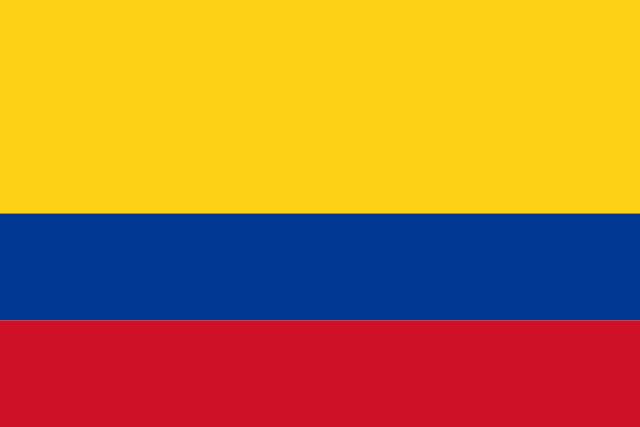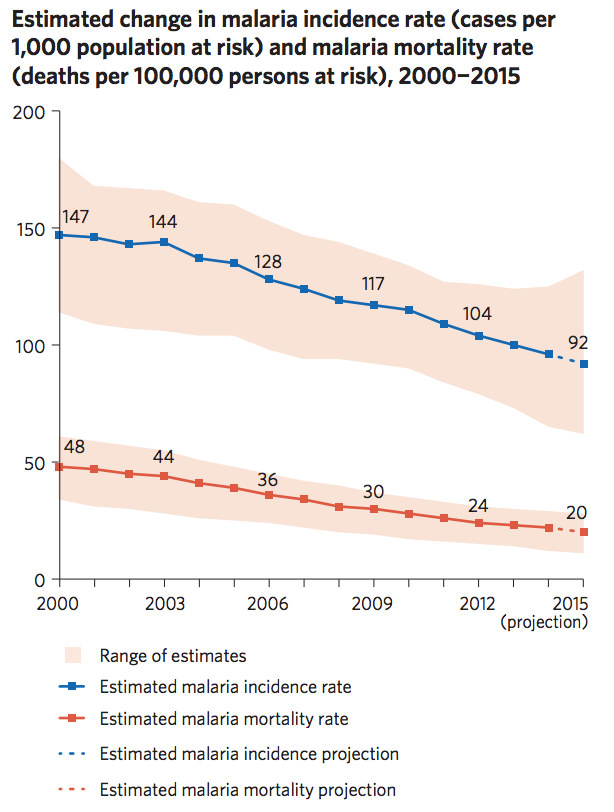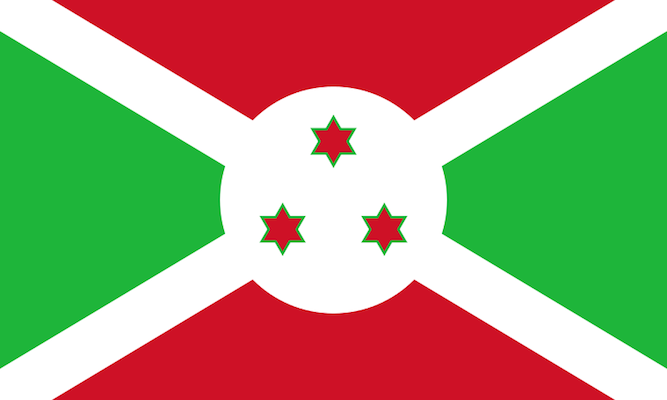The Colombian government and FARC (Revolutionary Armed Forces of Columbia) have been at the negotiation table in Havana since November 2012. While progress has been made – the two sides agree on the need for more economic and social development in rural areas of the country and on the rebels’ political participation if a peace deal is brokered – a permanent peace still appears to be a long way off.
FARC, a leftist group involved in the armed Colombian Conflict since 1964, has been labeled by the United States and other governments as a terrorist organization. In fact, many Colombians believe that their country’s leaders should not be negotiating with them at all. Colombia’s National Center for Historical Memory reports that 220,000 people have been killed in the armed conflict, 80% of those killed have been civilians. FARC is not responsible for all of the deaths directly, but their presence has led to violence and instability in the country for decades. The National Center for Historical Memory reports that more than half of the deaths are a result of the right-wing forces originally intended to stop FARC.
Still, there might have been a hint of a breakthrough in recent days. FARC has been insisting that the Colombian government enters into a bilateral cease-fire. July 5th Colombian officials indicated for the first time that they are open to the idea of a bilateral ceasefire.
Lesser measures have not been successful in reaching peace. Last December, FARC entered into a unilateral ceasefire, which lasted until mid-April, when a FARC ambush left 11 dead. Since then 30 rebels have been killed, making peace a more distant dream. FARC’s announcement of another unilateral ceasefire beginning on July 20, independence day, probably won’t go far enough, but maybe it opens the door to new possibility of a bilateral truce.
While violence has declined in Colombia in the past decade (2014 was the most peaceful year in Colombia since 1984) and FARC has not been able to recruit as many rebel soldiers in recent years, there is still a long road ahead for Colombia as they deal with ever-present drug wars and the challenge of helping rebels to reintegrate into their country, should peace even be negotiated.







